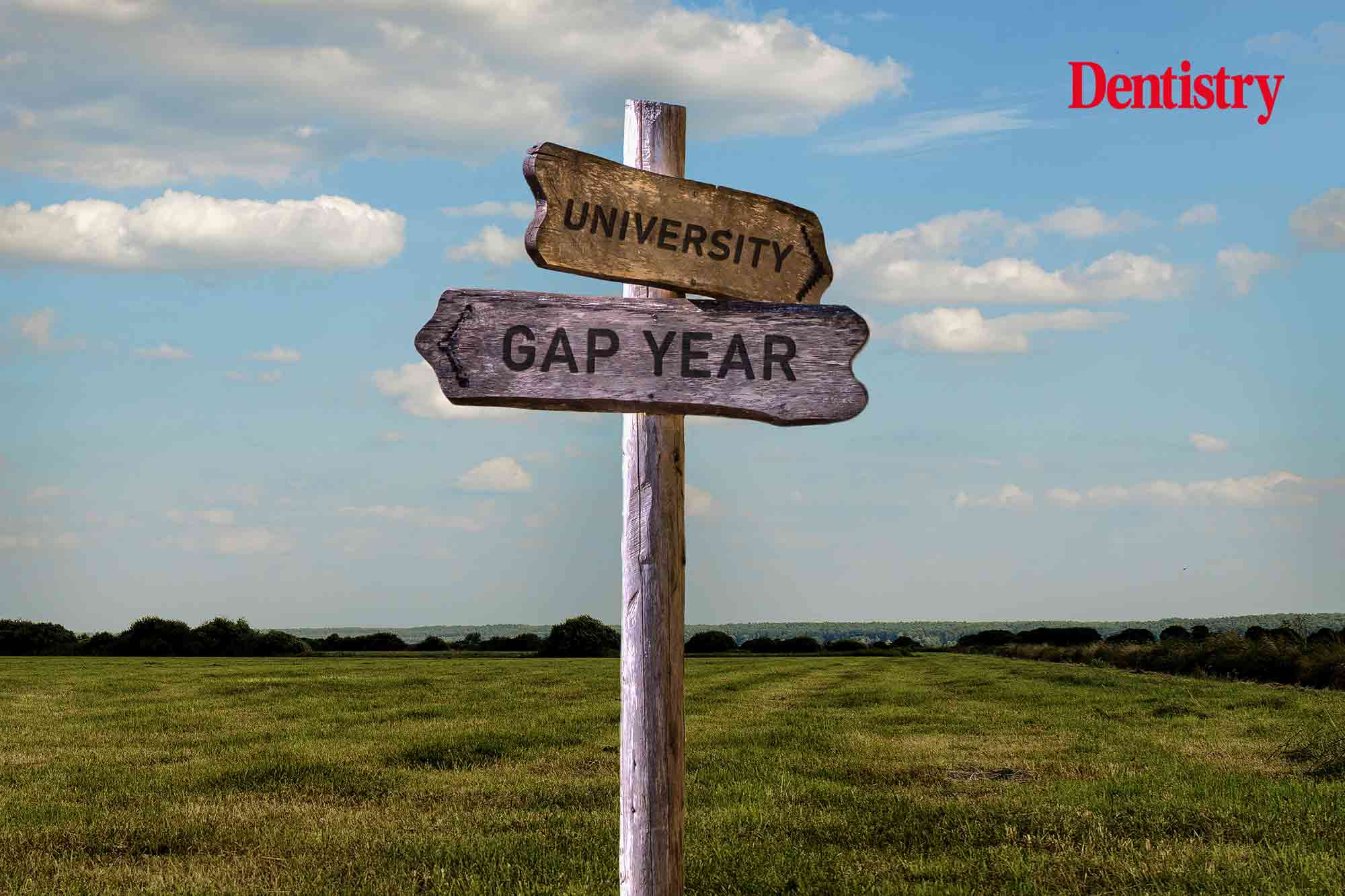
After taking a gap year before dental school, student Sona Khan explains why it has helped her both personally and professionally.
Initially, I was opposed to the idea of taking a gap year and was even somewhat apprehensive about it.
However, overcoming those initial apprehensions and reluctance towards taking a gap year ultimately led to a significantly more enriched dental education, improved clinical skills, and a stronger sense of purpose.
But why did I have to take a gap year?
Good question, it wasn’t by choice – but now that I look back, the challenges I faced have not only strengthened my passion for dentistry but have also given me the resilience and determination needed to thrive in this demanding field.
My journey into dentistry was far from straight forward, and it has granted me insight into the emotions experienced by most applicants each year when applying to competitive courses like dentistry or medicine. In 2020, despite receiving an offer to study dentistry at the University of Leeds, my plans were disrupted by the unexpected arrival of COVID-19. Consequently, I couldn’t sit my A-levels that year, leading to a failure to achieve the required grades for the course on results day.
What was my plan of action?
Determined not to let circumstances dictate my future, I took fate into my own hands.
I worked tirelessly and, with just one month of preparation, successfully resat my A-levels, attaining the grades necessary to reapply. This experience of navigating the interview cycle twice, sitting the BioMedical Admissions Test (BMAT) twice and rewriting my personal statement has provided me with invaluable self-discovery.
Taking a gap year does not mean you have failed.
Though we are in 2023, we continue to find ourselves in a social framework where those who choose not to pursue higher education immediately are stigmatised to be failures. Rather than being stigmatised, those who choose to take a gap year should be celebrated – for their courage to take the less conventional path.
This harsh and narrow mindset exists despite examples of successful individuals who have taken gap years to explore and gain valuable life experiences. From my own journey, I have come to realisation that even if we may never entirely escape such biased perceptions, we should instead strive to foster a more open-minded outlook towards gap years. A well-planned gap year can provide invaluable learning experiences that might not be available within the confines of a traditional academic setting.
Here are three reasons why taking a gap year may make you a better clinician:
1. Development of new skills
During a gap year, an excellent time for gaining practical skills, building resilience, and nurturing a sense of independence you can explore and cultivate new skills that can benefit you both personally and professionally.
You can consider taking up relevant courses or certifications to enhance your knowledge in dentistry or related fields. Taking such supplementary courses offers you the chance to reassess academic and career aspirations, allowing individuals to enter university or professional life with a clearer sense of purpose and direction.
For example, I took courses in digital graphic designing and videography, and these additional skills helped me appreciate the value of visual aesthetics and how I can create personalised dental illustrations to effectively educate my patients in the future. These supplementary skills facilitate a more comprehensive and competitive dental school application.
2. Travelling
Taking a gap year also provides an excellent opportunity to travel and broaden your horizons. Immersing oneself in diverse cultures, building connections with new people, and experiencing unfamiliar environments foster the ability to adapt to novel circumstances, communicate effectively, and develop a global perspective.
For example, travelling to Saudi Arabia revealed the distinctions in the significance of oral health and corresponding interventions when juxtaposed against the NHS framework. These skills are valuable in the field of dentistry, as you will interact with a diverse range of patients and colleagues throughout your career.
3. Heightened exposure and experience in the dental field
Another compelling advantage of a gap year is the opportunity to gain hands-on experience in the field of dentistry. You can consider working as a dental assistant, shadowing experienced dentists, or volunteering in dental clinics.
This practical experience allows you to develop a deeper intimate understanding of the profession as well as gain first-hand observation of various dental procedures and interact with patients. Such experiences can help to solidify one’s dedication and determination for the pursuit of dentistry, whilst allowing you to embrace its challenges.
Additionally, the experience gained during your gap year can give you a competitive edge during dental school interviews.
By actively developing new skills, traveling, and gaining more experience in the dental field, one can strengthen their candidacy as a dental applicant and become a more well-rounded dental professional in the future.
Follow Dentistry.co.uk on Instagram to keep up with all the latest dental news and trends.


